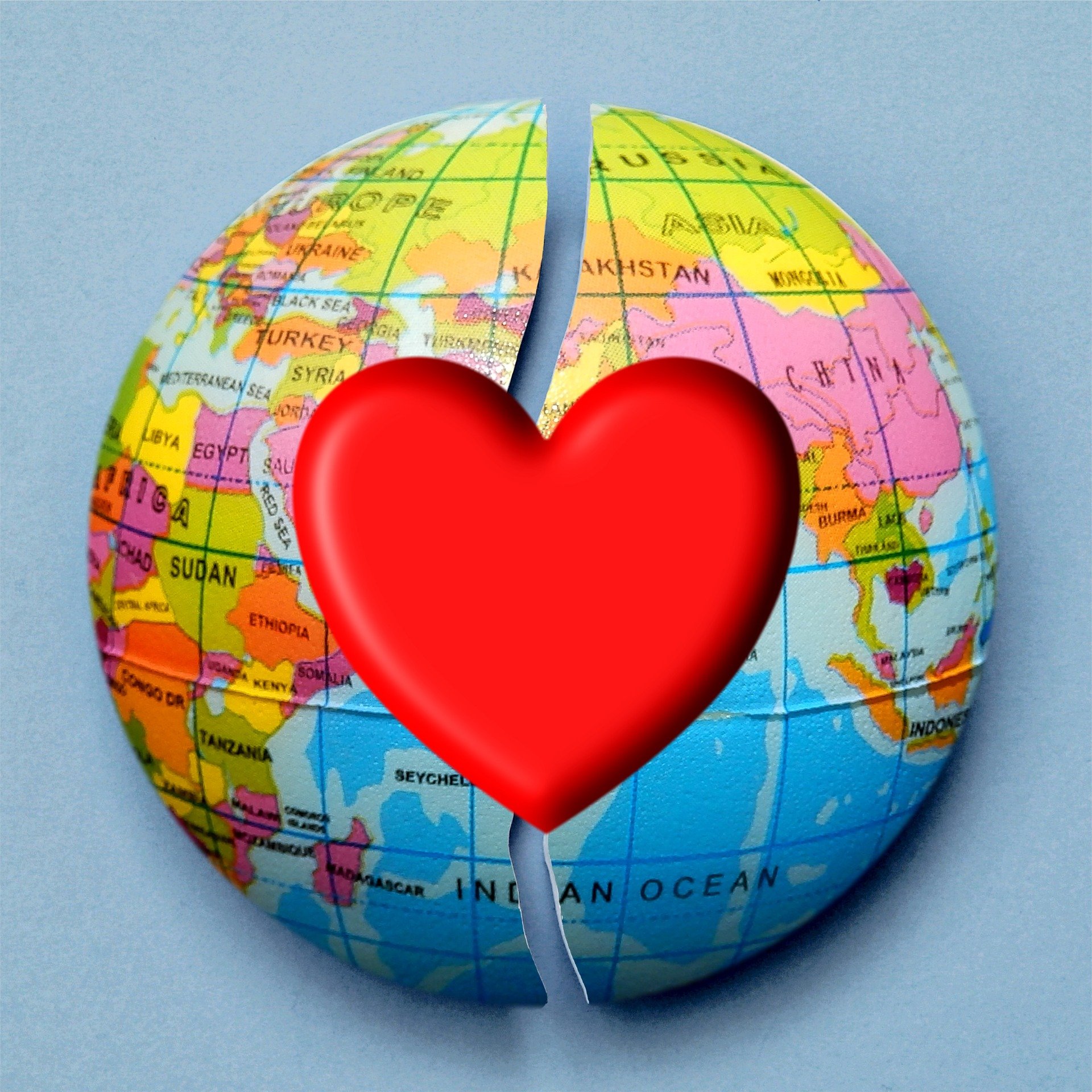THE WORLD IS HURTING
Many countries, including the U.S. and Britain, which are looked up to as world leaders, are deeply divided over politics. Brexit, followed by the election of Donald Trump, shocked the world. It's been a year now, but tensions are still high.
These events did not occur in a vacuum. Populist rhetoric succeeded for a reason. A large portion of the British and American populations was either angry or hurting, or both. They felt neglected, disparaged, misunderstood. Many were unemployed, underemployed, or felt that their jobs were under threat. In Britain, these people put their hope in Brexit. In America, it was Donald Trump.
Why? Because Trump listened to them. He gave them hope.
While many in the U.S. and around the world heard Trump’s words and reacted with horror, these people heard hope. They heard a chance that things would get better. They voted for Trump. And now their fellow voters, fellow citizens, and many in the rest of the world, blame them for giving America and the world a Trump presidency.
These people have been labeled as racist, homophobic, stupid, uneducated, xenophobic, and many other horrible things. Whether or not some voters fit these labels is beside the point. Everyone has their own unique history and perspective, their own reasons for casting a vote one way or the other, and the right to make their own choices. Using negative labels on anyone is unproductive and serves to widen the fracture that is forming between people with different viewpoints around the world.
WHAT CAN YOU DO ABOUT IT?
There is a way to look at the world that doesn’t require judging everyone who disagrees with you as wrong. You have to open your mind a little, be flexible. Opinions are not facts. Maybe that sounds like common sense to you, but it’s easy to forget sometimes, especially in the heat of an argument.
Do you read fiction? When you read a story, you allow yourself to be transported into the minds of characters who are often very different from you. Reading a story places you into their shoes, lets you see the world from their point of view and feel what they feel. This is called empathy, and science has shown that reading fiction increases it.
WHAT IS EMPATHY?
Empathy is the ability to both understand and share someone’s feelings.
Here is an animated video by Brené Brown that explains empathy well.
Empathy makes you a better listener. That doesn’t mean that it improves your ability to focus, digest, or even comprehend what you hear. Empathy makes you a good listener because you can use it to transport yourself into someone else’s point of view, just like you do when you read fiction. Putting yourself in someone else’s shoes is great because you can understand what they are going through. And by understanding, and letting them know that you understand, you can make them feel better.
You can reduce or eliminate people’s anger, their sadness, their pain, their feeling of being misunderstood. You can also use empathy to get rid of your own negative feelings toward other people by genuinely understanding why they believe or act as they do.
Empathy heals, and the world needs more of it. At the moment we cannot look to our world leaders to promote unity. We have to do it together, at an individual level. And using empathy to understand each other is a good way to start.

I hope you've enjoyed the first part in this empathy workshop. In the next parts, we will start looking at ways to increase our empathy and apply it to understand and appreciate other people, even those we don't like.
This is a modified and slightly expanded excerpt from an original article (written by me) that first appeared on my blog at http://www.shawndove.com/blog/.
Empathy workshop, part 2: How to increase your empathy
Empathy workshop, part 3: Getting better at understanding people you dislike or disagree with
Empathy workshop, part 4: Putting your empathy into action
Other articles by me:
Intolerance is fear of the unknown
The old man on the bench (a flash fiction story)
